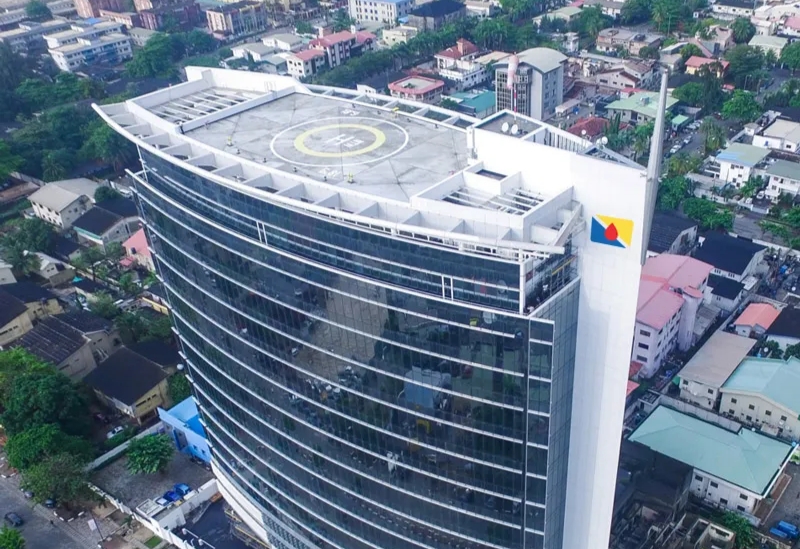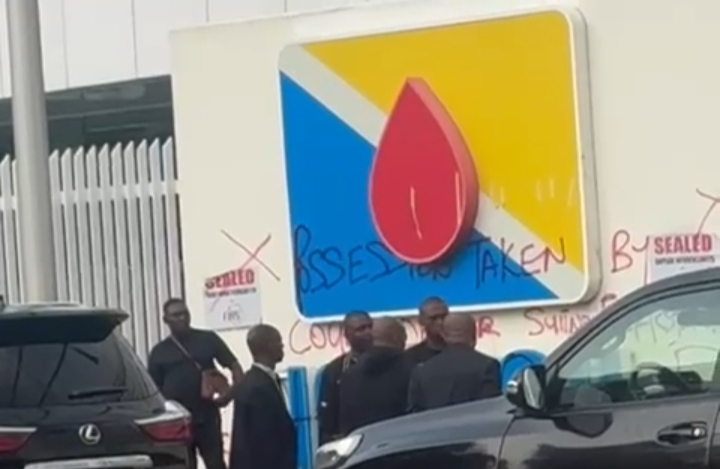
The Executive Director of the Africa Centre for Energy Policy (ACEP), Benjamin Boakye, has questioned the government’s decision to allow the Ghana National Petroleum Corporation (GNPC) and its subsidiary, Explorco, to appoint consultants to evaluate Springfield E&P’s assets for a potential takeover of the Afina-1X oil well.
In a post on X, Boakye described as “even more troubling” a Ministry of Energy and Green Transition statement which referred to “constructive discussions” on the possible acquisition.
He argued that the West Cape Three Points (WCTP) Block 2 is a state asset, and contractors are expected to bear the risks and only share in benefits upon success.
Boakye contended that when contractors fail, the state’s duty is to reclaim the asset, not underwrite the losses of a private investor, as he suspects the current approach aims to do.
The ACEP executive alleged that earlier this year, officials from Springfield E&P and Explorco attempted to value Springfield’s asset between US$433 million and US$1.1 billion.
He revealed that while GNPC hired a credible consultant, it was provided with what he called “discredited data,” which he said was intended to predetermine the assessment’s outcome.
Boakye further stated that the Petroleum Commission, the upstream regulator, had unequivocally dismissed Springfield’s recent appraisal, stating the company’s conclusions were flawed.
He questioned why the state would consider taking over a non-performing asset amid widespread poverty, suggesting funds would be better directed at pressing socioeconomic needs rather than “wasteful, trumped-up ventures.”
In its statement, the Ministry of Energy and Green Transition explained that the move is intended to help arrest the decline in crude oil production, which currently stands at about 150,000 barrels per day (bopd), down from over 200,000 bopd in 2019.
The Ministry believes the intervention is essential to prevent further delays in field development, unlock the block’s long-term economic value, sustain upstream activity and associated national revenues, and enhance Ghana’s overall energy security.
“With Ghana’s national crude oil production declining over recent years, coupled with uncertainties within the global energy transition, Government considers it urgent to advance the development of the WCTP2 resource base,” the Ministry stated.
Despite the ongoing process, the Ministry assured the public that the government remains committed to deepening the participation of indigenous Ghanaian companies, strengthening national technical capacity, promoting skills transfer, and ensuring Ghana’s local content framework continues to guide upstream operations.
It noted that the process is being carried out without prejudice to ongoing investigations involving Springfield E&P or its affiliates.
“Due process and institutional independence remain fully respected,” the Ministry added.
The Afina-1X well, drilled in 2019, is located at a water depth of 1,030 metres and reaches a total depth of 4,085 metres. It uncovered a 65-metre-thick light oil reservoir, with 50 metres of net oil pay. Additionally, 10 metres of gas- and condensate-bearing sands were encountered.
Springfield E&P later claimed the discovery straddles Eni’s Sankofa field, also within the WCTP area. This assertion prompted the previous government to direct both companies to jointly develop the resource.
The directive led to legal contention, with Springfield filing a lawsuit in Ghana and Eni initiating action in London.
To ensure sector harmony and restore investor confidence, President John Dramani Mahama, upon assuming office, reversed the directive. Following the reversal, Eni and its OCTP partners signed an MoU in September 2025 to invest US$1.5 billion in their Ghana operations.
The post GNPC’s move to take over Springfield’s Afina-1X oil well raises concerns – ACEP appeared first on The Herald ghana.





